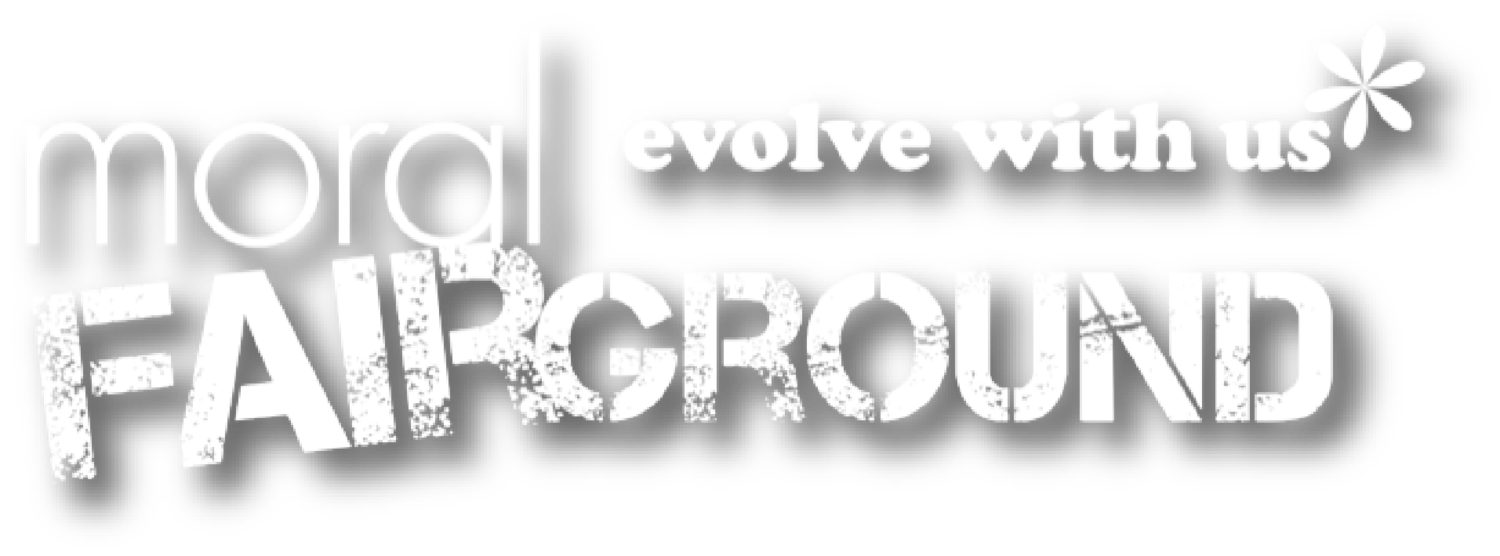Dr Melissa Wheeler (RMIT) Article: Leading With Purpose: CSR, ESG, B Corps And Social Enterprise
Dr Melissa Wheeler covers leadership strategy and the future of work.
Businesses have not always been concerned with giving back to communities. Companies exist to deliver products or services and make a profit. But expectations have changed. Consumers are much more vigilant when it comes to ethically sourced products, eliminating modern slavery in supply chains, and reducing waste and emissions, even if they have to pay a higher price tag. They want to know how companies are contributing to the planet, to people, and with purpose. The 3Ps of contribution were first introduced in the 1990s by John Elkington and named the “triple bottom line.” While the term sounds more like an accounting tool, the framework was designed to get people thinking and reflecting on the impact of capitalism and consumerism and encouraging systemic change.
From CSR To ESG
Traditionally, businesses have reported on how they were contributing the people, profit, and purpose by promoting their corporate social responsibility (CSR) activities and outcomes. CSR includes sustainability initiates, corporate volunteering programs, charitable donations and engagement. Reporting on CSR can be used as virtue signaling, to tell potential customers and other stakeholders how a business is giving back and even to encourage its customers to do the same—leading by example.
More recently, ESGs have been adopted for reporting triple bottom line activity. ESG stands for environment, social and governance and is more quantifiable than the more self-regulated CSR scores that are prone to variations and subjectivity. Environmental criteria includes how a company is protecting the environment, social includes how it manages relationships with stakeholders, and governance measures a company's leadership and shareholder rights. ESG provides a comparable measure than can be benchmarked against other businesses on how sustainable a company is. CSR and ESG can be used concurrently, with the former used to boost awareness of the company’s sustainability strategies and impact and the latter used to supplement those qualitative assessments with hard figures.
For Purpose Business: Social Enterprise Vs. B Corps
There are many emerging terms and certifications that companies can use to signal their ethical and environmental strategies and values. Social enterprises are business designed with a social purpose and deliver on that purpose by maximizing profits through the delivery of benefits to society and the environment, with profits used to fund current and future social programs. Unlike charities, social enterprises generate revenue in order to fund their social objectives.
For example, Trinity Oaks has a Trees for the Future campaign, whereby they plant one tree in tropical and environmentally beneficial locations for every bottle of wine purchased. Environmentally conscience consumers can enjoy knowing their money contributed to a social good while they imbibe. Anyone using profit for purpose can call themselves a social enterprise, as it is not a legally defined term. However, social enterprises are often accompanied by additional governance requirements, including documents that explain how they execute their social mission.
B Corps, on the other hand, have gone through a rigorous certification process to demonstrate their social impact on people (their workers, customers, suppliers), the community, and the environment. B Corps are certified by B Lab, a nonprofit network that assesses applications and overseas annual certification renewals. Displaying the logo, a circle with a B in the middle above a line, tells customers, suppliers, and potential employees of the company’s commitment to the environment, to transparency and accountability, and to social good.
Purposeful Leadership
Purposeful leaders are thinking and planning about how they can leave the world better off then how they found it based of their contribution to social good.
As the father of modern management, Peter Drucker, said, “Management is doing things right. Leadership is doing the right things.”
Follow me on Twitter or LinkedIn. Check out my website.
Melissa Wheeler explores leadership challenges for the future of work, including AI and innovation, flexible work, and morality at work. She is a Senior Lecturer of Business Administration at RMIT University and has a Ph.D in social psychology. Follow Dr Wheeler for continued coverage of the four-day workweek, the dark side of leadership, and leading with purpose.



